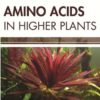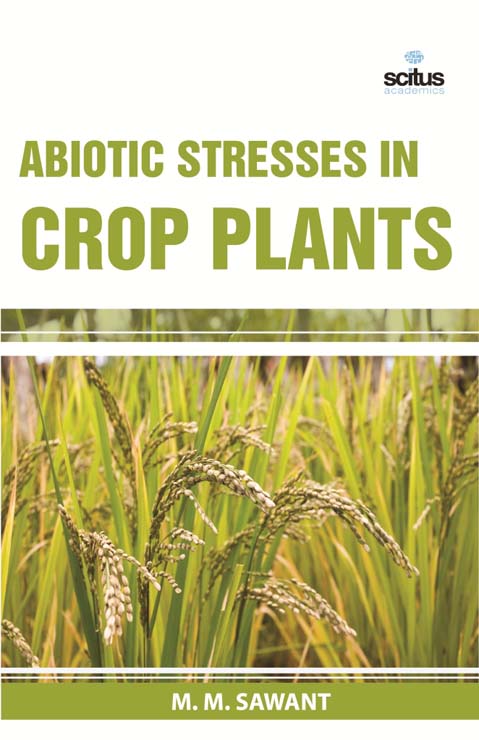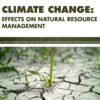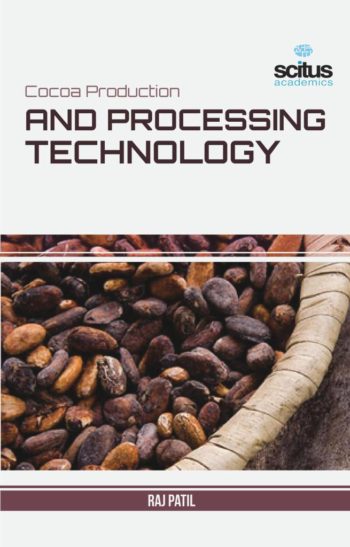- Home
- About us
- Subjects
- Aeronautical Engineering
- Agricultural Sciences
- Biophysics
- Artificial Intelligence
- Business & Marketing
- Business and Management
- Chemical Engineering
- Chemistry
- Civil Engineering
- Communication & Journalism
- Computer Science
- Disaster Management
- Earth Science
- Economics and Finance
- Electrical & Electronics Engineering
- Energy Engineering
- Enviroment Engineering
- Environmental Science
- Food & Culinary Science
- Hospitality & Tourism
- Hospitality and Tourism Science
- Humanities
- Islamic Studies
- Library & Information Science
- Linguistics
- Linguistics Science
- Materials Engineering
- Mathematics
- Measurements
- Mechanical Engineering
- Mining & Mineralogy
- Nanotechnology
- Neuroscience
- Nutrition
- Ocean Engineering
- Oceanography
- Pharmaceutical Sciences
- Political Science & International Relations
- Politics & Social Sciences
- Politics and Public Policy
- Psychology
- Social Sciences
- Sociology
- Telecommunications & Sensors
- Textile Engineering
- Transportation
- Catalog
- Ordering Info
- News and Events
- Contact us
- Home
- About us
- Subjects
- Aeronautical Engineering
- Agricultural Sciences
- Biophysics
- Artificial Intelligence
- Business & Marketing
- Business and Management
- Chemical Engineering
- Chemistry
- Civil Engineering
- Communication & Journalism
- Computer Science
- Disaster Management
- Earth Science
- Economics and Finance
- Electrical & Electronics Engineering
- Energy Engineering
- Enviroment Engineering
- Environmental Science
- Food & Culinary Science
- Hospitality & Tourism
- Hospitality and Tourism Science
- Humanities
- Islamic Studies
- Library & Information Science
- Linguistics
- Linguistics Science
- Materials Engineering
- Mathematics
- Measurements
- Mechanical Engineering
- Mining & Mineralogy
- Nanotechnology
- Neuroscience
- Nutrition
- Ocean Engineering
- Oceanography
- Pharmaceutical Sciences
- Political Science & International Relations
- Politics & Social Sciences
- Politics and Public Policy
- Psychology
- Social Sciences
- Sociology
- Telecommunications & Sensors
- Textile Engineering
- Transportation
- Catalog
- Ordering Info
- News and Events
- Contact us
- Chemistry
- Ocean Engineering
- Pharmaceutical Sciences
- Nursing
- Agricultural Sciences
- Business & Marketing
- Nanotechnology
- Aeronautical Engineering
- Business and Management
- Artificial Intelligence
- Food & Culinary Science
- Mining & Mineralogy
- Environmental Science
- Economics and Finance
- Chemical Engineering
- Measurements
- Mechanical Engineering
- Neuroscience
- Humanities
- Civil Engineering
- Telecommunications & Sensors
- Mathematics
- Engineering And Technology
- Linguistics
- Computer Science
- Transportation
- Materials Engineering
- Life Sciences
- Political Science & International Relations
- Disaster Management
- Islamic Studies
- Energy Engineering
- Veterinary Science
- Politics and Public Policy
- Earth Science
- Politics & Social Sciences
- Library & Information Science
- Biomedical Science
- Psychology
- Textile Engineering
- Hospitality and Tourism Science
- Enviroment Engineering
- Careers
- Social Sciences
- Electrical & Electronics Engineering
- Communication & Journalism
- Hospitality & Tourism
- Grooming And Style
- Sociology
- Oceanography
- Linguistics Science
- Nutrition
- Health Care
No products in the cart.
Return To ShopAbiotic Stresses in Crop Plants
$189.00
- ISBN: 9781681170404
- Editor: M. M. Sawant
- Year: 2016
- Format: Hardcover
- Pages: 338
- Availability: In Stock
Plant development and productivity are negatively regulated by various environmental stresses. Abiotic stress factors such as heat, cold, drought, salinity, wounding, heavy metals toxicity, excess light, flooding, high speed wind, nutrient loss, anaerobic conditions and radiations etc. represent key elements limiting agricultural productivity worldwide. The loss of productivity is triggered by a series of morphological, physiological, biochemical and molecular stress-induced changes. Such an unfavorable situation is in contrast with the increasing global food demand. . Global climatic pattern is becoming more unpredictable with increased occurrence of drought, flood, storm, heat waves, and sea water intrusion. It has been estimated that abiotic stresses are the principal cause for decreasing the average yield of major crops by more than 50 %, which causes losses worth hundreds of millions of dollars each year. Therefore, to feed the world population maintaining crop productivity even under unfavorable environment is a major area of concern for all nations. Developing crop plants with ability to tolerate abiotic stresses is need of the day which demands modern novel strategies for thorough understanding of plant’s response to abiotic stresses. In this book we present a collection of chapters that are deals in the field of plant abiotic stress tolerance and crop improvement. The chapters provide a state-of-the-art account of the information available on abiotic stress tolerance and crop improvement.

$199.00
Related products
- Home
- About us
- Subjects
- Aeronautical Engineering
- Agricultural Sciences
- Biophysics
- Artificial Intelligence
- Business & Marketing
- Business and Management
- Chemical Engineering
- Chemistry
- Civil Engineering
- Communication & Journalism
- Computer Science
- Disaster Management
- Earth Science
- Economics and Finance
- Electrical & Electronics Engineering
- Energy Engineering
- Enviroment Engineering
- Environmental Science
- Food & Culinary Science
- Hospitality & Tourism
- Hospitality and Tourism Science
- Humanities
- Islamic Studies
- Library & Information Science
- Linguistics
- Linguistics Science
- Materials Engineering
- Mathematics
- Measurements
- Mechanical Engineering
- Mining & Mineralogy
- Nanotechnology
- Neuroscience
- Nutrition
- Ocean Engineering
- Oceanography
- Pharmaceutical Sciences
- Political Science & International Relations
- Politics & Social Sciences
- Politics and Public Policy
- Psychology
- Social Sciences
- Sociology
- Telecommunications & Sensors
- Textile Engineering
- Transportation
- Catalog
- Ordering Info
- News and Events
- Contact us












